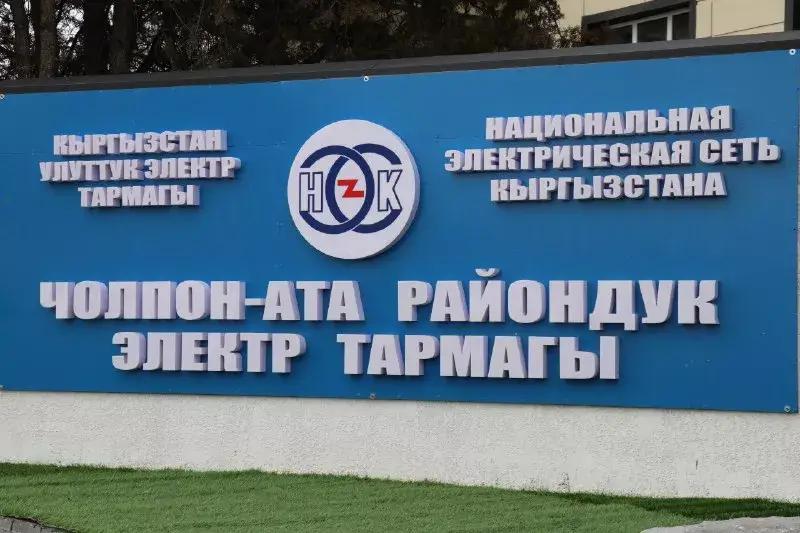
Published
11/12/2025, 12:43The state seems to have grown tired of waiting for suspects to reach court. A new bill proposes a simple solution — confiscating property without a conviction.
The draft law, submitted by the Prosecutor General's Office, provides for the possibility of confiscating property before a verdict is handed down. This means that if the accused has fled, died, or gone on holiday without returning, their assets can still be transferred to the budget.
The bill amends the Criminal, Criminal Procedure and Civil Codes. The main idea is to create a separate procedure that will allow the seizure of property whose origin cannot be confirmed by legal income. The court is still involved, but now its task is simpler — not to decide whether the person is guilty, but only to verify that the origin of the property is questionable.
The authors of the initiative explain that the existing system is too slow — criminals manage to flee, and the property remains with their relatives. Therefore, it is proposed to borrow the experience of Kazakhstan, where, according to claims, billions in assets have been recovered: since 2022, assets worth 1.7 trillion tenge (more than $3 billion) have been returned, including more than $750 million from abroad, much of which was registered to third parties and was previously untouchable for confiscation. This money has been directed towards education, culture and healthcare.
On paper, it all looks noble: the state is fighting corruption, returning stolen assets and increasing public trust. But in reality, it turns out that now the owner himself will have to prove the legality of his income (author's note — what about the presumption of innocence?!). If he cannot, then the property is ‘questionable’ and can be confiscated.
"In a number of countries, including Kazakhstan, Australia, Bulgaria, Italy, the United Kingdom and Latvia, a model of confiscation based on civil or administrative proceedings is successfully operating. Under this model, the burden of proving the legality of the origin of funds lies with the owner of the property. Under the so-called ‘rebuttable presumption of illegality,’ the court assumes that if a person with significant assets cannot prove their origin in accordance with official income, the property may be deemed to have been obtained by criminal means and confiscated. This model does not violate the presumption of innocence, as it does not require a person to be found guilty of a criminal offence, but is of a property-law nature rather than a punitive one," the document states.
So if the law is passed, it is better to collect receipts, tax returns and old receipts in advance. Just in case — so that you don't have to prove in court that your refrigerator was not purchased with criminal proceeds.
And the document will apparently be adopted. After all, as its authors emphasise, this is due not only to internal needs, but also to the latest changes in international standards.
In particular, in 2024, the FATF updated its Assessment Methodology for a new round of mutual evaluations. According to the new criterion 4.9 of the FATF Methodology, countries should take measures, including legislative ones, to allow the confiscation of criminally acquired property without a conviction. Failure to comply with this requirement will have direct negative consequences.
"First, it will lead to a lower technical compliance rating under Recommendation 4, which will negatively affect the overall assessment of the national system for combating terrorist financing and money laundering. Secondly, it is highly likely that this could lead to Kyrgyzstan being included in the FATF's so-called “grey list”," the document emphasises.
The authors of the bill point out that the republic was already on this list from 2009 to 2014. The likely consequences of being included in this list again include a deterioration in the country's investment attractiveness, complications in correspondent relations for domestic banks, an increase in the cost and slowdown of international financial transactions, as well as significant reputational damage.
‘The introduction of confiscation not based on a court sentence is a critical step not only for strengthening the rule of law and returning illegal assets, but also for ensuring the republic's compliance with key international standards and protecting the national economy from potential sanctions risks,’ the initiators of the bill write.



